Tips Articles
2025.12.08
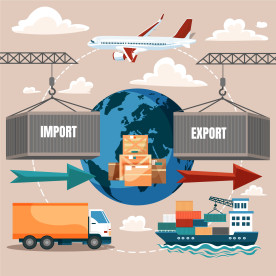
Accuracy in HS codes, customs values, and document consistency now define your compliance risk. 2025.11.30
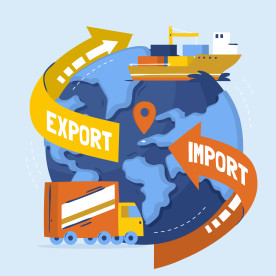
The Minister of Finance personally inspected containers valued at only Rp117,000 on paper — but sold for Rp50 million in the market. That single case alone could have cost the state Rp220 million. 2025.11.24
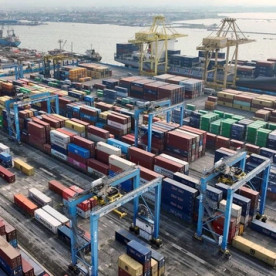
The government has enhanced monitoring, upgraded digital systems, and closed long-standing loopholes that caused revenue losses — from under-invoicing and HS code errors to non-compliant product standards. 2025.11.17
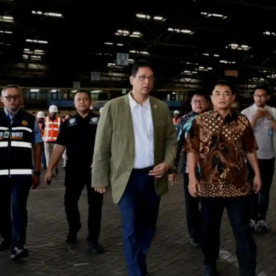
Audits now target not only those who intentionally manipulate data but also minor discrepancies often overlooked by importers who actually intend to comply. 2025.11.09
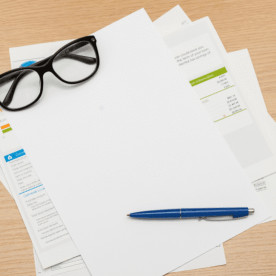
Many importers feel secure once they obtain a masterlist from BKPM or the Ministry of Investment.
The logic seems simple: if import duties and VAT are exempted, imports should go smoothly. 2025.11.02
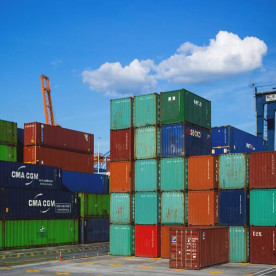
In recent months, many steel importers have complained about long delays and increasing rejection rates for Import Approval (PI) applications by the Ministry of Trade. 2025.10.27
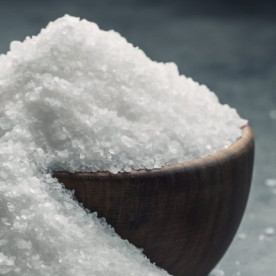
Salt is not just for the kitchen — it plays a vital role in food & beverage, pharmaceuticals, chemicals, and mining. 2025.10.20
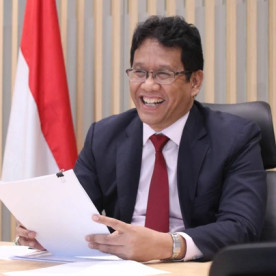
In recent years, many importers in Indonesia have felt secure by outsourcing all import matters to third parties — forwarders or logistics agents. “As long as the goods arrive,” they thought. 2025.10.12
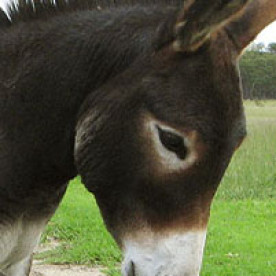
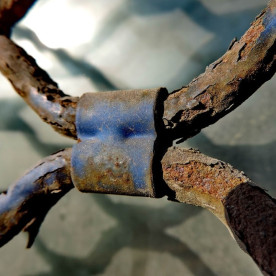

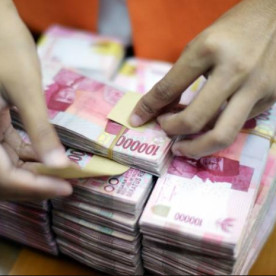
For importers and exporters, this is not just policy news, but a signal to prepare, act, and seize opportunities.

Read this article
Secure Your Import Structure.
Under DJBC’s data-driven and risk-based monitoring system, importers can no longer rely on old habits.Accuracy in HS codes, customs values, and document consistency now define your compliance risk. 2025.11.30

Read this article
Check Yourself: How Customs Determines “Fair Value” — Your Essential Pre-Shipment Checklist
In the past week, Indonesian importers have faced a tough reality: your invoice value is no longer accepted as absolute truth.The Minister of Finance personally inspected containers valued at only Rp117,000 on paper — but sold for Rp50 million in the market. That single case alone could have cost the state Rp220 million. 2025.11.24

Read this article
Ready for Stricter Import Regulations: A Practical Guide for Indonesian Importers
In recent months, importers in Indonesia have experienced tighter regulations.The government has enhanced monitoring, upgraded digital systems, and closed long-standing loopholes that caused revenue losses — from under-invoicing and HS code errors to non-compliant product standards. 2025.11.17

Read this article
Compliance Isn’t Enough: Small Gaps That Can Lead to Big Findings in Indonesia’s New Import Oversight Era
Recent findings by Finance Minister Purbaya Yudhi Sadewa during inspections at Tanjung Priok and Tanjung Perak reveal that Indonesia’s import monitoring has entered a much stricter phase.Audits now target not only those who intentionally manipulate data but also minor discrepancies often overlooked by importers who actually intend to comply. 2025.11.09

Read this article
Already Have a Masterlist, So Why Is My Cargo Still Stuck at the Port?
When a Masterlist Is No Longer a Guarantee for Smooth ImportsMany importers feel secure once they obtain a masterlist from BKPM or the Ministry of Investment.
The logic seems simple: if import duties and VAT are exempted, imports should go smoothly. 2025.11.02

Read this article
Why Are So Many Steel Import Permits Rejected? 5 Fatal Mistakes Importers Must Avoid
The Growing Wave of Import Permit RejectionsIn recent months, many steel importers have complained about long delays and increasing rejection rates for Import Approval (PI) applications by the Ministry of Trade. 2025.10.27

Read this article
New Salt Import Regulation 2025: Is Your Industry Ready?
Behind a pinch of salt lies the lifeblood of Indonesia’s key industries.Salt is not just for the kitchen — it plays a vital role in food & beverage, pharmaceuticals, chemicals, and mining. 2025.10.20

Read this article
Is Your Import Truly Legal? The Era of “Forwarders Handle Everything” Is Ending
The End of Blind Reliance on ForwardersIn recent years, many importers in Indonesia have felt secure by outsourcing all import matters to third parties — forwarders or logistics agents. “As long as the goods arrive,” they thought. 2025.10.12

Read this article
Import Quota Is Ending Soon: What Happens If You’re Late?
As the year draws to a close, the trade world grows increasingly busy. Importers rush to submit documents, ensure shipments arrive on time, and finalize import license reports before December 31. 2025.10.06
Read this article
How Bonded Logistics Centers (PLB) Can Save Indonesia’s Steel Industry from Import Pressure
Indonesia’s iron and steel industry is standing at a crossroads. Over the past four years, several domestic steel plants have been forced to reduce capacity, or even shut down completely. 2025.09.29
Read this article
Secret Weapon for EPCs in the Era of Imported Steel Invasion
Imagine you are an EPC contractor who has just seen the announcement of a major project tender. You’ve prepared the design, calculated the budget, and compared material prices. Then, a bitter reality emerges: imported steel from China is far cheaper than your local options. 2025.09.22
Read this article
Rp 200 Trillion & Falling Loan Interest Rates: Time for Importers and Exporters to Act
Imagine this scenario: Indonesia’s state-owned banks suddenly have an additional Rp 200 trillion in fresh funds dedicated to business lending, while loan interest rates drop to 5.50%—the lowest level in recent months.For importers and exporters, this is not just policy news, but a signal to prepare, act, and seize opportunities.